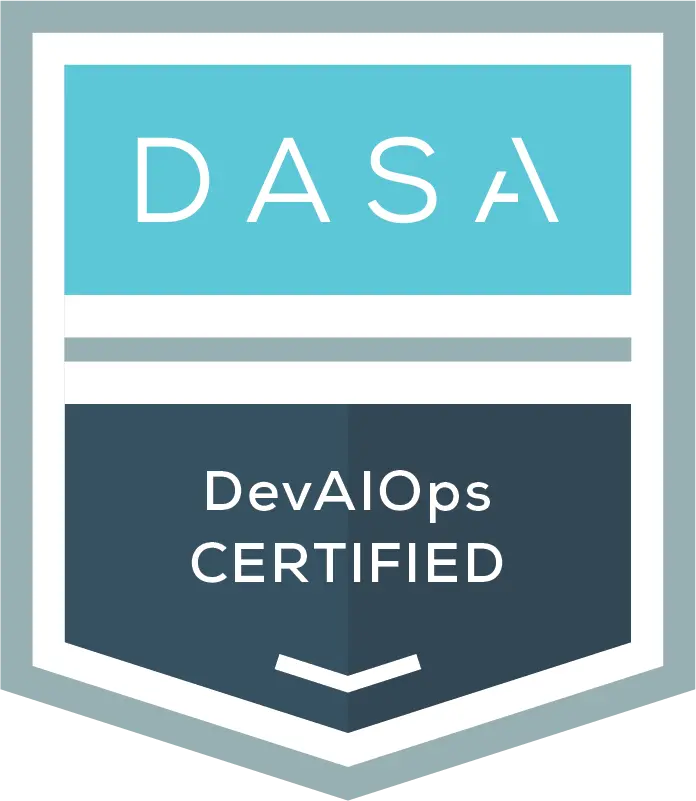The technological landscape is undergoing a profound transformation driven by advancements in artificial intelligence, particularly generative AI (GenAI). These emerging technologies will have a massive impact on software development and DevOps practices, redefining software creation, delivery, and operations.
The Emergence of AI-Assisted Software Development
Generative AI is poised to play a pivotal role in automating various stages of the software development lifecycle, from requirements gathering and design to coding, testing, and deployment. AI-powered code generation, optimization, and intelligent refactoring could become the norm, significantly accelerating development cycles, fostering innovation, and unlocking new levels of efficiency and productivity. A McKinsey study highlights that software developers can complete coding tasks up to twice as fast with GenAI tools, reducing time for documenting code functionality, writing new code, and optimizing existing code.
Automation has always been a cornerstone of DevOps, and GenAI enhances this principle by enabling AI-powered code generation, testing infrastructure, provisioning, and configuration management. By 2025, it is predicted that 80% of DevOps workflows will be automated using AI-driven tools and platforms. This shift not only amplifies speed and scalability but also ensures higher quality and reliability in software delivery.
Continuous Integration and Continuous Delivery (CI/CD) are fundamental aspects of DevOps. AI-driven code reviews, testing, and deployment can accelerate CI/CD pipelines, reducing time to market by 30% and decreasing software defects by 40%, according to McKinsey. This transformation ensures that high-quality software is delivered incrementally and continuously, meeting the ever-evolving demands of the market.
Improving Collaboration and Communication
Generative AI can facilitate knowledge sharing and document generation, enhancing communication within DevOps teams. Tools like ChatGPT can act as virtual tutors, explaining complex technical concepts and facilitating knowledge transfer. While GenAI-generated content may not yet be 100% reliable, continuous improvements in AI technologies promise more accurate and valuable outputs in the near future.
Additionally, intelligent monitoring, log analysis, and incident detection enabled by AI can also lead to proactive issue identification and continuous improvement through data-driven insights. AI-powered monitoring and analytics can reduce operational costs by 25% and increase system uptime by 30%, according to research. This enhancement ensures that systems remain robust, resilient, and responsive to changing conditions.
Cultural Shift and Mindset
The integration of GenAI into DevOps necessitates a shift in mindset towards continuous learning, adaptation, and responsible AI adoption. As AI becomes more embedded in daily operations, it will naturally become a part of the workflow, similar to how computers became mainstream in organizations. Organizations must foster a culture of innovation and adaptation to fully leverage the benefits of GenAI. By staying curious, experimenting, and embracing new technologies, teams can drive continuous improvement and stay ahead in the competitive landscape. This shift will be essential in harnessing the full potential of AI technologies.
Real-World Use Cases
Several organizations are already experimenting with and implementing GenAI in their software development processes. For instance, a U.S.-based health insurance company is using GenAI for design generation and UI design, while a telecom and ERP product engineering team is leveraging it for code understanding, code generation, and bug fixing. These implementations have resulted in significant cost savings and improved efficiency.
GenAI is also revolutionizing test engineering by generating unit tests and achieving high coverage. Some organizations have reported up to 70% test case coverage using GenAI, ensuring comprehensive testing and higher software quality.
Conclusion
The integration of GenAI into software development and DevOps practices marks a paradigm shift, disrupting traditional methods and fostering innovation. Organizations that embrace this shift will benefit from increased efficiency, reduced time to market, and improved software quality. However, this transition also brings challenges, including ethical considerations and the need for robust AI governance.
To navigate this new era successfully, organizations must develop a culture of continuous learning, experiment with new technologies, and embrace AI as a co-pilot in their development processes. By doing so, they will shape the future of software development and DevOps, unlocking unprecedented levels of productivity and innovation.


DASA DevAIOps
Adopt and adapt DevAIOps practices effectively, achieving faster time-to-market and time-to-value.
